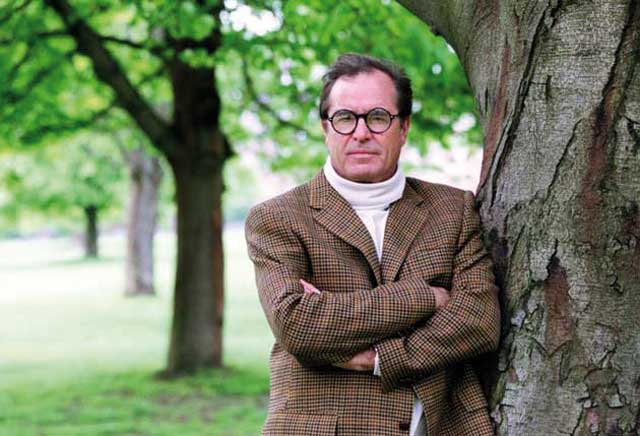The Tao Of Travel, By Paul Theroux

What to make of Paul Theroux? He certainly makes a great deal of himself. A recent New York Times piece commented that "Theroux has never been overburdened by modesty. Although he has claimed that a prerequisite of travelling responsibly is avoiding arrogance, his previous travelogues have all been pungent with self-regard."
After a substantial body of work, he has now produced an anthology of both his own and others' journeys. The strapline on the cover proclaims that "Theroux's work remains the standard by which other travel writing must be judged", and it is hard not to avoid the suspicion that the work of Marco Polo, Wilfred Thesiger, John Steinbeck and DH Lawrence, among others, is being held up to the light to see if it measures up to Theroux's own.
Theroux deserves great credit for reviving the travel book's fortunes in the mid-1970s, when the genre was in the doldrums. The Great Railway Bazaar, a trip across Asia by train, was an unexpected and deserved success. Unfortunately, the many sequels that followed became formulaic. Theroux made similar railway journeys across South America, China, Africa and around the Pacific, each in painstaking detail and with an increasingly world-weary lack of enthusiasm. Then, when the world had been circled, he began all over again by retracing his original route across Asia in Ghost Train to the Eastern Star. Readers could be forgiven for feeling they were experiencing the literary equivalent of painting the Forth Bridge.
Much of his own best work has been done elsewhere - in novels such as My Secret History or in the extraordinary Sir Vidia's Shadow, his memoir about VS Naipaul which, while sometimes malicious and prurient, still manages to reveal much about writers and their neuroses, including Theroux's.
The Tao of Travel begins with a chapter of epigrams taken mainly from his own books. Out of context, and in such profusion, they become indigestible: "you cannot travel the path before you have become the path itself"; "travel is flight and pursuit in equal parts". All doubtless true, but without the accompanying journey, they begin to sound like greetings-card proverbs.
Things improve as we get underway. A mischievous chapter on "How Long Did The Traveller Spend Travelling?" reveals how short a stay many have made before feeling qualified to write about a country. Both Graham Greene and DH Lawrence specialised in the "get in and out quick, and write a novel at the same time" approach. The chapter on "Writers Who Wrote About Places They Never Visited" is self-explanatory. As might be expected, Theroux is wonderful about the experience of travelling by train. The quotation he gives from The Great Railway Bazaar encapsulates his work: "The conversation, like many others I had with people on trains, derived an easy candour from the shared journey, the comfort of the dining car, and the certain knowledge that neither of us would see each other again."
The Tao of Travel is a deeply inappropriate title for a writer who, whatever else he might achieve, does not exude inner calm. The Ego of Travel would be more fitting. "Loneliness is the condition of a traveller," he states in the preface, and quotes Freud: "Dying is replaced in dreams by departure, by a train journey." Theroux is at his most interesting, and this anthology at its best, when he is discussing such Reiseangst.
Hugh Thomson's 'Tequila Oil: getting lost in Mexico' is published by Phoenix
Join our commenting forum
Join thought-provoking conversations, follow other Independent readers and see their replies
0Comments